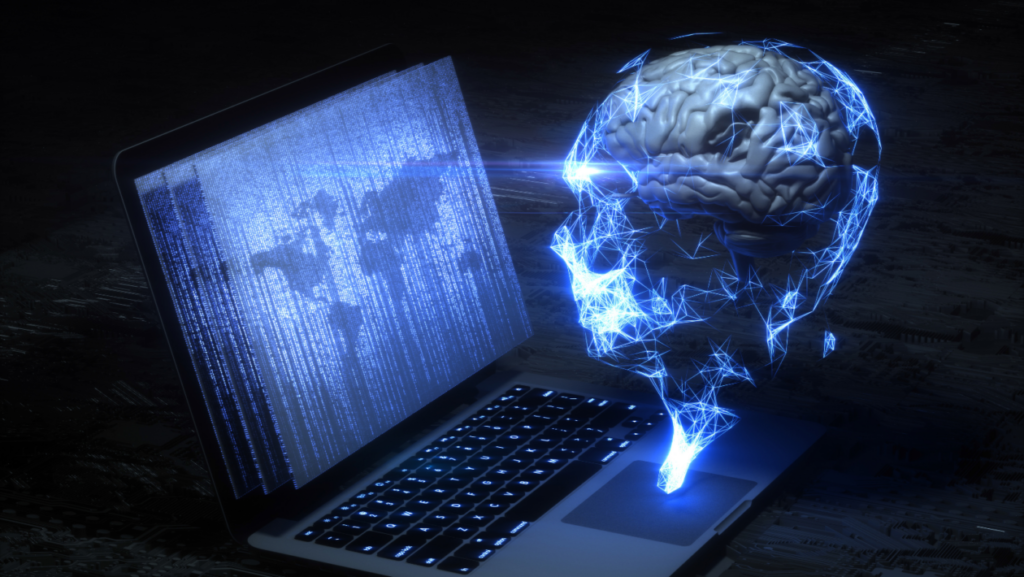As artificial intelligence (AI) keeps reshaping the finance sector, especially in trading, it’s essential to consider the role of human traders and maintain our human touch in this automated environment. AI trading systems, capable of analyzing extensive data, recognizing trends, and making rapid trades, have undeniably enhanced the efficiency of financial markets. However, amidst the whirlwind of algorithmic trading, we must maintain sight of the unique qualities and contributions that human traders bring to the table.
Irreplaceable human touch
While AI trading systems excel at crunching numbers and executing trades based on predefined rules, they need to gain the intuition, creativity, and contextual understanding that human traders possess. Human traders bring experience, market knowledge, and emotional intelligence to the trading floor. They interpret nuanced information, assess geopolitical risks, and make strategic decisions based on their gut instincts and years of experience.
Human traders think outside the box and identify opportunities that may not be apparent to algorithms. They spot market inefficiencies, anticipate shifts in market sentiment, and adapt their strategies accordingly. This flexibility is precious in times of market uncertainty or during black swan events, where AI systems may struggle to navigate uncharted territory.
Ethical decision-making
The critical aspect of preserving our humanity in the era of AI trading is emphasizing the importance of empathy and ethical decision-making. While algorithms are designed to maximize profits and minimize risks, they lack the moral compass and social responsibility that human traders bring. Human traders consider the broader implications of their actions beyond mere financial gain. They assess the potential impact of their trades on various stakeholders, including clients, employees, and the wider society. By incorporating ethical considerations into their decision-making process, human traders help ensure that the pursuit of profits does not come at the expense of social and environmental well-being.
Fostering collaboration and teamwork
In an AI-driven trading world, fostering a culture of collaboration and teamwork between human traders and their algorithmic counterparts is essential. Rather than viewing AI as a replacement for human traders, we should embrace it as a powerful tool that augments and enhances human capabilities. By working hand in hand with AI systems, human traders leverage algorithms’ speed and accuracy while bringing their unique insights and judgment. This symbiotic relationship leads to more informed decision-making, improved risk management, and better outcomes for clients and the broader market.
To facilitate effective collaboration, organizations should invest in training and upskilling programs that enable human traders to understand and work effectively with AI systems. We can create a more cohesive and complementary trading ecosystem by bridging the gap between human and machine intelligence. For quantum ai canada check quantumai.bot.
Balancing innovation and regulation
As AI trading continues to evolve and shape the future of finance, it is crucial to strike a balance between fostering innovation and ensuring appropriate regulation. Policymakers and industry stakeholders must collaborate to develop frameworks that promote responsible development and deployment of AI trading systems. This includes establishing transparency, accountability, and fairness guidelines in AI decision-making processes. Regulators should require firms to explain how their algorithms operate, the data they use, and the safeguards to prevent market manipulation or discriminatory practices.
At the same time, regulations should not stifle innovation or hinder the potential benefits that AI trading can bring to the market. A collaborative approach between regulators, technologists, and industry experts helps ensure that AI trading systems are developed and used in a manner that aligns with the interests of all market participants.
